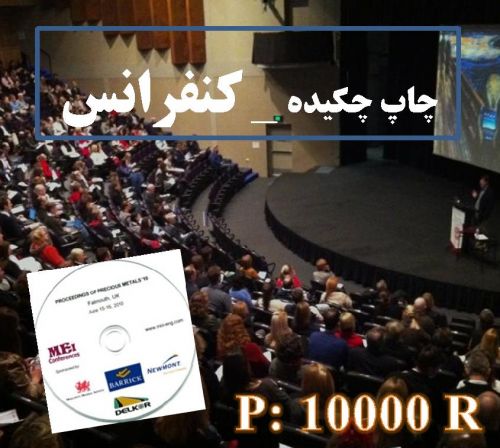Abstract: Background: Chronic diseases, including cerebral palsy in children, are one of the most important health problems in the world and a new dilemma, especially in developing countries. Because of the inability of parents to fully address the needs and solve the problems of their children for a long time, are exposed to a lot of stressful situations that prevent the family from normal growth. Therefore, they are exposed to inefficient adaptive patterns and thus lead to problems in marital relationships, job relationships, quality of life, and parent relationships with other children. Considering the importance of this issue, the present study aimed to investigate the health promotion model intervention in mothers with a child with cerebral palsy. Methods: The present study is a quasi-experimental study on 80 mothers of children with cerebral palsy admitted to 17-Shahrivar Hospital, Rasht, in two intervention and control groups (40 in each group). Individuals received a group training session and three sessions of individual counseling based on health promotion model structures. Then, both groups at the beginning of the study, 2 and 4 months after training, were evaluated in terms of the level and stage of quality of life change. The data were analyzed by SPSS software version 16 with descriptive statistics (mean, standard deviation) and analytical (ANOVA, Mann-Whitney, and Friedman tests). Results: The results of this study show that the quality of life score changed over time and showed a significant difference in two groups. (P <0.05). Also, there was a significant difference between the intervention and control groups in terms of quality of life score. Conclusion: The results of this study showed that offering a Pender model based education program would increase the quality of life of mothers with children with cerebral palsy.
کلید واژگان :Keywords: HPM, Educational Program, Mothers, Cerebral Palsy, Children.
ارزش ریالی : 200000 ریال
با پرداخت الکترونیک
جزئیات مقاله
- کد شناسه : 8157528312811528
- سال انتشار : 1397
- نوع مقاله : چکیده مقاله پذیرفته شده در کنفرانس ها(فایل کامل مقاله بارگزاری گردد)
- زبان : انگلیسی
- محل پذیرش : دومین کنگره بین المللی مطالعات اجتماعی سلامت
- برگزار کنندگان :
- تاریخ ثبت : 1398/09/11 14:08:48
- ثبت کننده : سمیه پوی
- تعداد بازدید : 290
- تعداد فروش : 0
